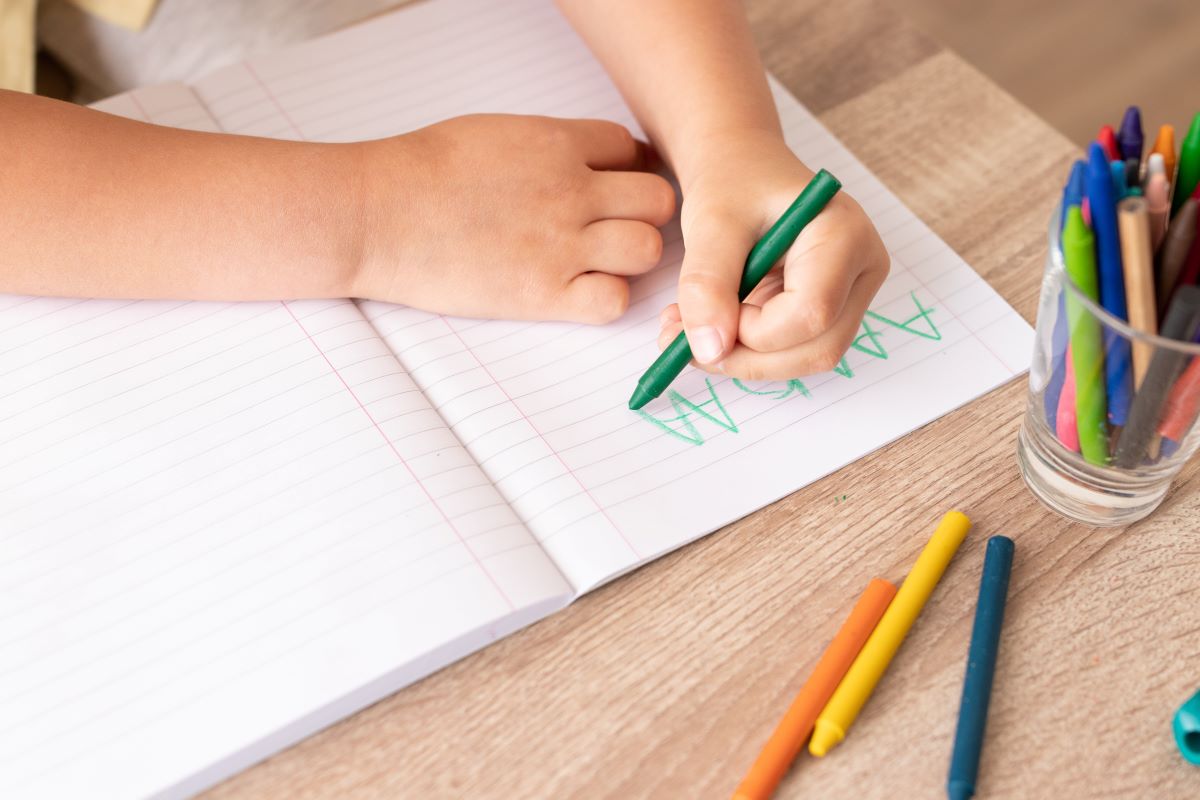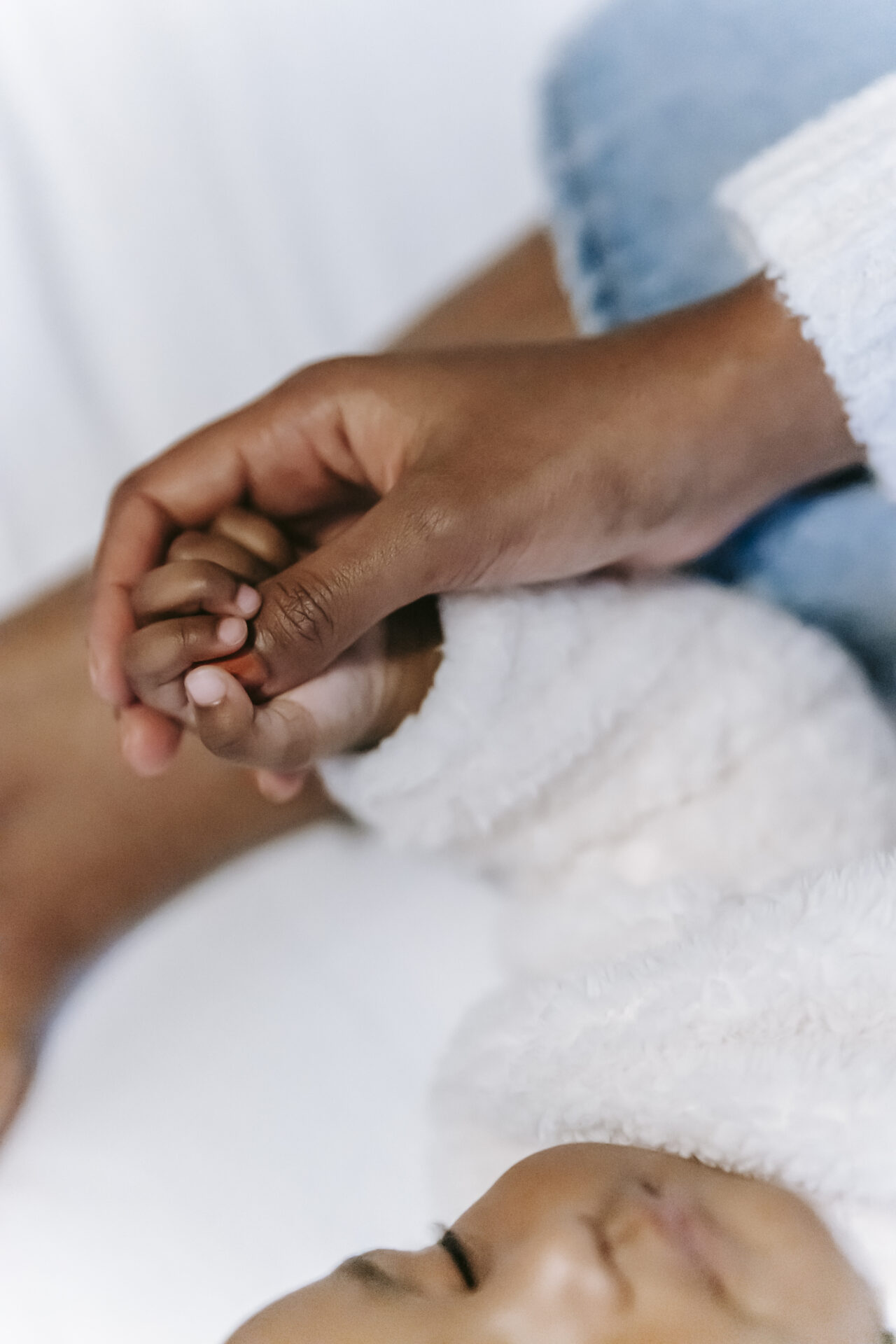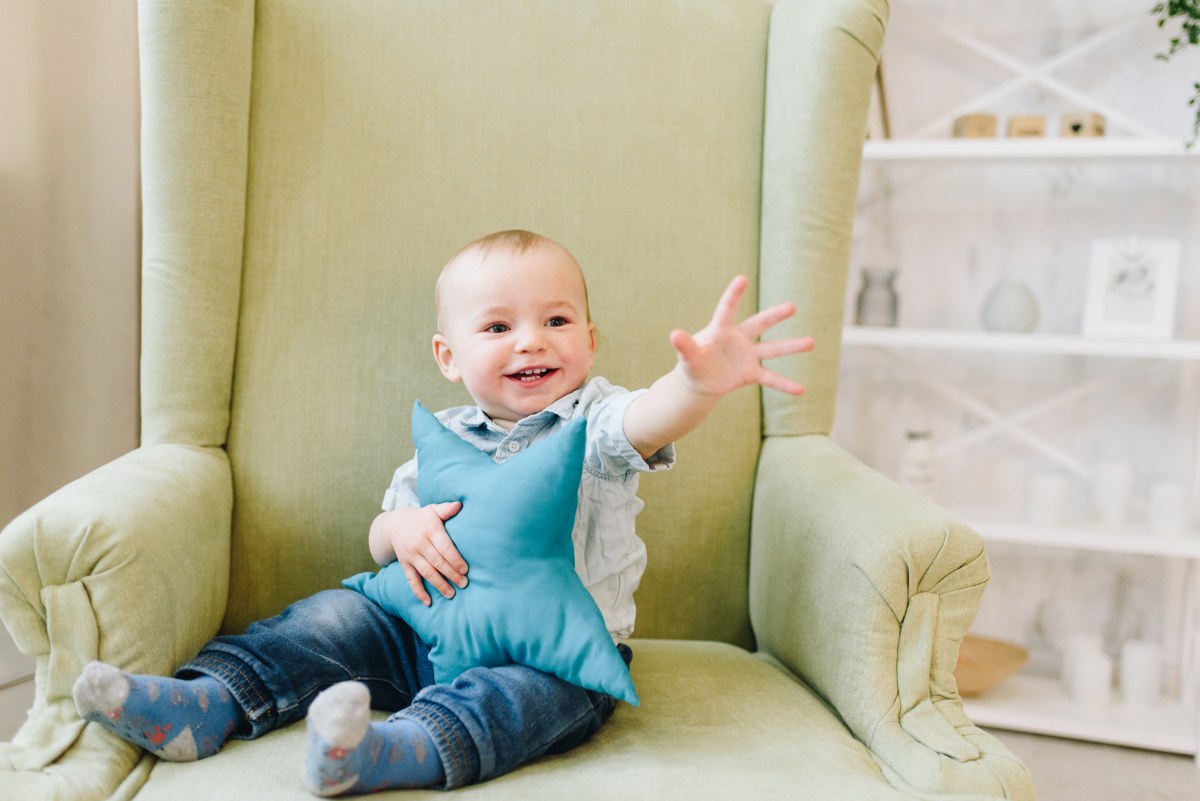With the 29th week you start into the 8th month of pregnancy and thus begin the last third of your pregnancy.
Table of contents
Important facts about the 29th week: What you should know
In the 29th week of pregnancy, your baby is about 39 cm long and weighs 1250 g
The organs are almost fully developed, the immune system is developing and the brain and nerve cells are differentiating.
As the pregnancy progresses, the expectant mother’s discomfort continues to increase.
What happens to you
Emotional state
Your body and your baby are preparing for birth in the last third of pregnancy.
You are probably finding pregnancy increasingly difficult and are struggling with the physical strain. Maybe you are also worried about the birth and your new role as a mother.
It will certainly help if you talk to other women who have been pregnant before and know your situation. Talk to your mother, your friends or your midwife. They can dispel your doubts and worries and bring you to other thoughts.
Your baby needs a lot of energy and wants to gain weight, so you may well get more appetite and be hungrier again. His weight gain is also noticeable in your weight and abdominal girth.
Child movements
Are you worried because your baby is moving less and less in your belly? These are unfounded, because this is completely normal in the 29th week of pregnancy.
Also interesting:
Your baby has less and less space in your belly and therefore becomes calmer. Due to the increasing size of your baby, you will feel the individual movements more intensely and they may hurt a little now and then, depending on how your baby kicks.
Tip for fathers-to-be
If you haven’t chosen a boy ‘s or girl‘s name yet, now is the time to start thinking about it. Make a list of your favorites and discuss which name you both like.
Pregnancy symptoms at 29 weeks and what you can do about them
Stomach and intestines
Your uterus is putting more and more pressure on your stomach and intestines. It is therefore best to eat small meals to prevent stomach problems.
The best way to combat constipation is to eat a diet rich in fiber.
Back problems
In the 29th week of pregnancy, the additional weight of the baby and uterus puts more and more pressure on your back. Pregnancy also loosens the ligaments, which further promotes back pain.
If you do exercises to strengthen your muscles and ligaments early on, you can prevent back pain. With a good back training you can minimize the pain. Your midwife or a physiotherapist can show you the right exercises.
Bladder weakness
The uterus and the baby put increasing pressure on the bladder, which is why many pregnant women complain of bladder weakness
But don’t worry: after birth, your body will return to normal and all organs will return to their proper place
However, you should not stop drinking a lot just because of a weak bladder ! 2 liters of water, or better 3 liters, are obligatory for you every day.
What happens with the baby
Many unborn babies already have a distinct hairline on their head in the 29th week of pregnancy. This will remain, while the lanugo hair will still be completely detached in the next few weeks.
In boys, the testicles, which were previously in the abdomen, move to the scrotum. However, this does not happen in all boys, in some it happens shortly after birth.
In girls, the clitoris is visible because the labia are still much too small to cover it. They still grow significantly until birth, so the clitoris will be covered at birth.
In the 29th week of gestation, it is getting tighter and tighter for your baby in your uterus. Some babies already turn into the right birth position and stay like this until then.
Other babies wait until shortly before birth to turn. To ensure that your baby is born without complications, it is easiest for him or her to turn head down. This position is also called the cranial position.
If the baby is lying crosswise in the abdomen from the 36th week of gestation, an attempt is made to turn the baby from the outside. This position is called the breech or transverse position.
Whatever position your baby will be born in, don’t worry about it yet. Trust your body and your baby.
In addition, there are people around you during the birth who know what they are doing and are very knowledgeable about births. They are trained to help you deliver your baby and are familiar with every situation.
How your baby develops in the 29th week of pregnancy
In the 29th week, your baby weighs about 1250 g and measures 39 cm from crown to heel.
From now on, your baby will not change in appearance. The time until birth is mainly used to grow bigger and gain weight.
The development of the internal organs is almost complete. From the 29th week, it is a matter of further developing the functions.
Your baby’s brain and nervous system will be working on this until birth. Your baby will have more than 100 billion brain cells after birth. These will no longer grow back and must be sufficient for your offspring for a lifetime.
The brain will continue to develop into the teenage years. Only at about 20 years of age will the development stop. The volume of the brain increases in size until birth.
The immune system also continues to develop in the 29th WOP. Antibodies are exchanged between your blood and your baby’s blood through the placenta.
This is also the time when the baby fat develops. This allows your baby to regulate its heat balance almost independently.
This is important now
The last big checkup
Between the 29th week of pregnancy and the 32nd week of pregnancy, the last major check-up with ultrasound is due.
As with the previous check-ups, you and your baby will be examined extensively. Your weight and abdominal circumference will be examined more closely, and your urine will be tested for bacteria, sugar and protein, and your blood will be tested for iron content.
Your baby will also be closely examined. It will be checked how it lies, how big it is and how its heartbeat is.
After the 30th week of gestation, another check-up is scheduled every two weeks.
Support from a doula
During your pregnancy, you will probably be cared for by your gynecologist, your midwife and the hospital. However, many new parents would like more support and so the profession of the doula is becoming more and more popular in Germany.
A doula is a companion who not only assists the expectant mother, but is also a contact person during and after the birth. In most cases, she works together with a midwife.
This is not a medical care, but an emotional care. Her task is to support not only the expectant mom, but also the expectant dad.
The prerequisite for training as a doula is to have given birth to at least one child of her own. In her training she learns psychological content and much about the development of the child during and after pregnancy.
In addition, she is familiar with pregnancies and births, knows about methods of reproductive medicine and accompanies parents in crises.
She gains experience through internships she completes with another experienced doula and continues her education through advanced training after graduation.
If you would like a doula to care for you, you should begin your search in the 29th week of pregnancy, so that you can find the right doula for you and your life situation.
You can get more information from your gynecologist, your midwife, your health insurance company or the German Doula Association.
This is how you can support your body in the 29th week of pregnancy
Healthy diet
Because your baby is growing intensively in the 29th week, a healthy diet is very important. You should take trace elements, vitamins and minerals with your food.
Of course, you can also snack on sweets and cakes, but make sure you have a balanced mixture.
Since iron ensures sufficient oxygen supply and promotes the formation of blood, the trace element is still very important for you and your baby.
Your doctor will regularly check your iron balance and advise you on your diet or prescribe iron supplements if necessary.
Midwife tip
If you slowly can’t remember which month of pregnancy you are in, just divide the number of weeks of pregnancy by the number of weeks in the month and round the result up to a whole number: 29: 4 = 7, 25 and that corresponds to the 8th month
FAQ
The development of your baby’s organs is almost complete in the 29th WOP. The immune system continues to develop and the brain and nerve cells are differentiating.
In the 29th week of gestation, the baby is about 39 cm tall. This is about the size of a carrot plant.
A rule of thumb is that a premature baby is discharged from hospital around its calculated date of birth. However, the exact date depends on the individual development of each premature baby. Only when it can regulate its own body temperature and breathe without support is it allowed to leave the hospital.
Some babies already turn into the cranial position in the 29th week. This is the right position for birth. Many babies take their time until about 36 weeks or turn only at birth.
In the 29th week, the baby’s movements become less, because the baby has less and less space in the belly and can therefore move less easily. On the other hand, you will feel the movements more intensely because your baby is getting bigger and stronger and therefore comes to the edge of the womb more quickly.
A baby weighs around 1250 g in the 29th WOP.
Videos about the 29th WOP
Brianna talks about her 29th week of pregnancy and signs of labour.
Charlotte takes you through her 29th week of pregnancy and gives a baby bump update.









